"Colombia expects to export around 150,000 tons of fresh Hass avocados this year. Although the sector recorded a 5% drop from January to May, we expect to close 2024 with exports growing by around 16%," says Ricardo Uribe, CEO of Cartama. This optimism is based on the volumes expected from the main harvest, which will start in September and continue until March.
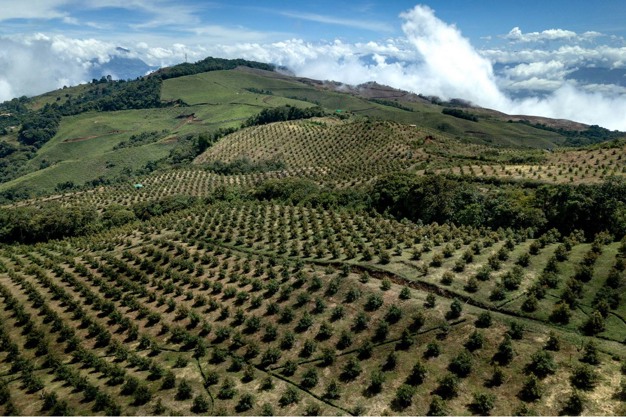
Colombia is currently finishing its secondary season and volumes are declining week after week. Exports are expected to recover strongly around week 40, which is when the main season, which runs until March, will start.
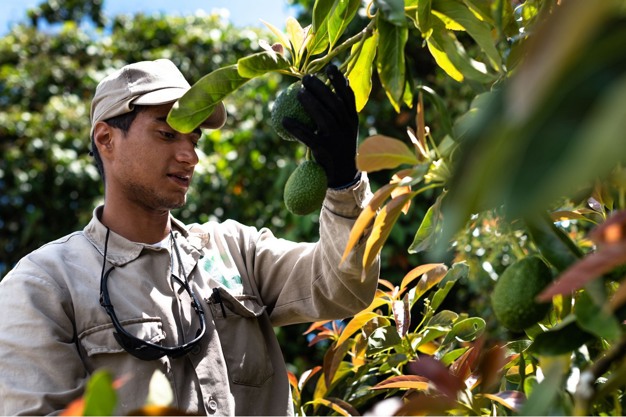
"This season brought similar challenges to previous summers in terms of market supply. This was especially the case in Peru, where the situation was aggravated by the impact of El Niño, which resulted in a greater supply of small sizes ranging between 24 and 32. Unfortunately, this situation occurred at a global level, causing the supply of Hass avocados in Europe to be dominated by these sizes and the returns of producers to be more limited," says Uribe. This posed an additional challenge this year for the secondary season.
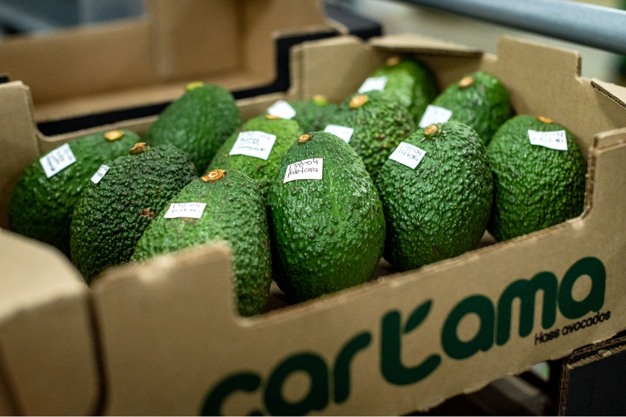
"The key to obtaining good returns in the European market will be for the fruit to be certified, especially with social certifications such as Rain Forest Alliance (RFA), which promotes not only environmental sustainability, but also economic and social sustainability, which is very much in line with Cartama's philosophy. Uribe says that around 30% of Cartama's acreage is devoted to the protection of the natural forest. "This isn't only beneficial for the environment, but also strengthens our position in markets that appreciate environmental responsibility," he says.
Colombia is investing heavily in product quality, improving its post-harvest practices and its pre-cooling, storage and packaging technology. Cartama is building a new packing plant to increase its capacity from 300 to 800 tons per day, which is expected to become operational by October 2025. "We have exported 682 containers up to June 2024, which represents 24% of Colombia's total avocado exports. The company aims to export 1,525 containers in 2024 and 1,900 in 2025, with the goal of reaching 4,000 containers by 2028," says Uribe.
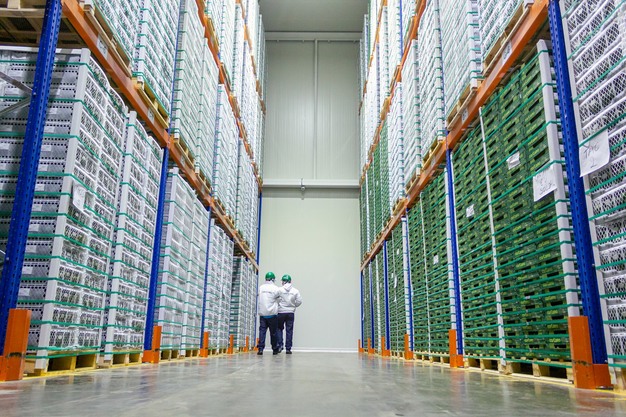
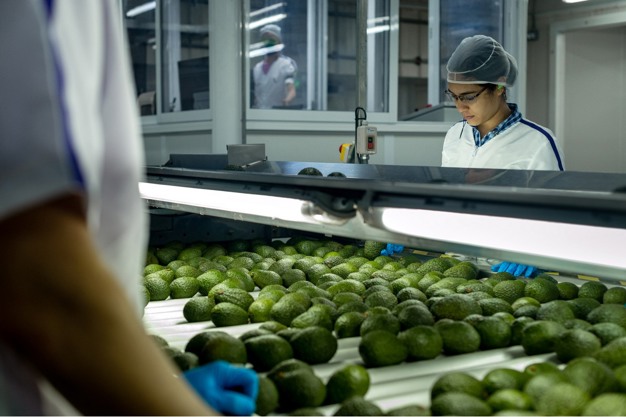
Cartama has gained a significant presence in both Europe and the United States. "Europe accounts for 60-70% of our exports, while the US accounts for 30-40%," says Uribe.
Colombia's geographical location offers unique advantages, with very competitive transit times to the fruit's main importing countries. "The availability of water is a great competitive advantage, as production projects do not require artificial irrigation systems to be able to produce. In Colombia, we have developed the capacity to produce in a variety of conditions and manage water efficiently," says Uribe. This ensures the continuity of the production.
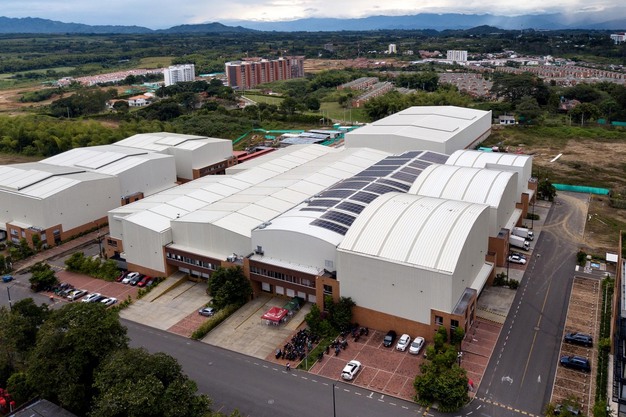
The Cartama CEO also mentions the importance of having import offices in Europe. "This allows us to contact end customers directly and gives us the flexibility to ripen, repack and distribute smaller quantities more efficiently," he says. It becomes easier to make quick adjustments based on the market's needs and ensures the fruit's arrival in optimal condition.
Since the demand continues to grow, especially in Europe, the company is getting ready to increase its production volumes while remaining committed to responsible agricultural practices.
For more information:
Ricardo Uribe, CEO
Cartama
Cra 33 # 7 - 41 of. 401
Medellín - Colombia
Tel.: +57 6044447570
[email protected]
www.cartama.com
